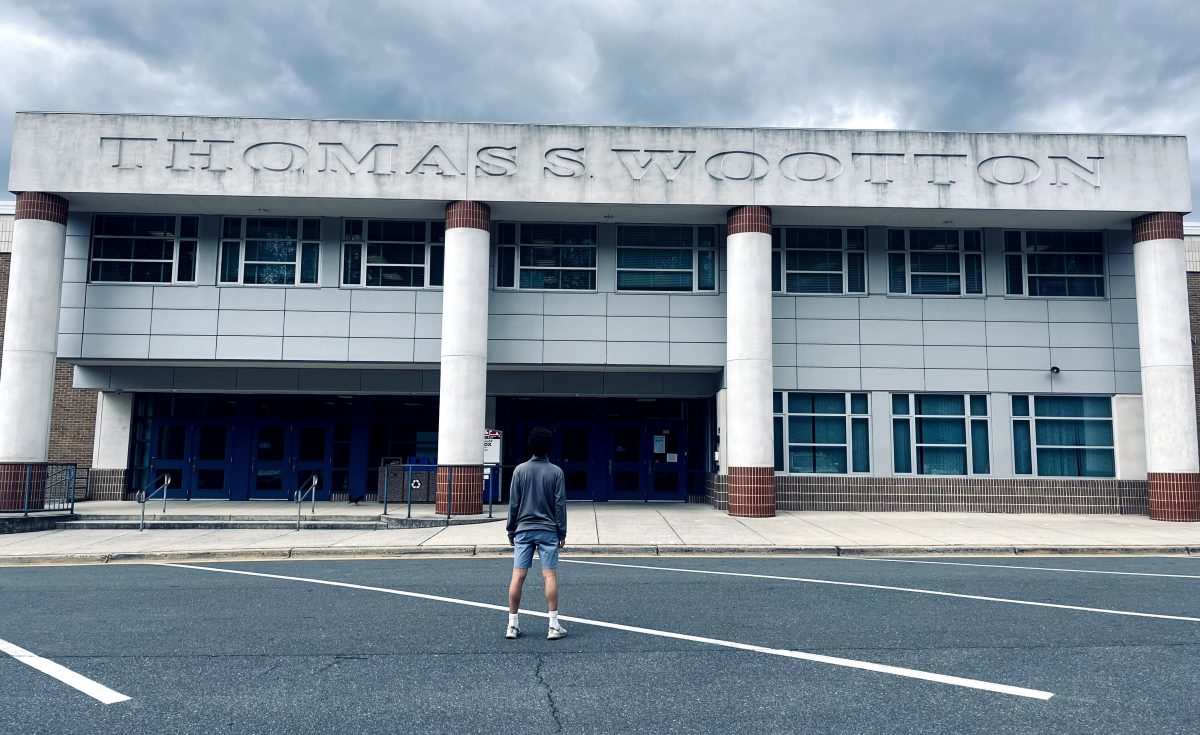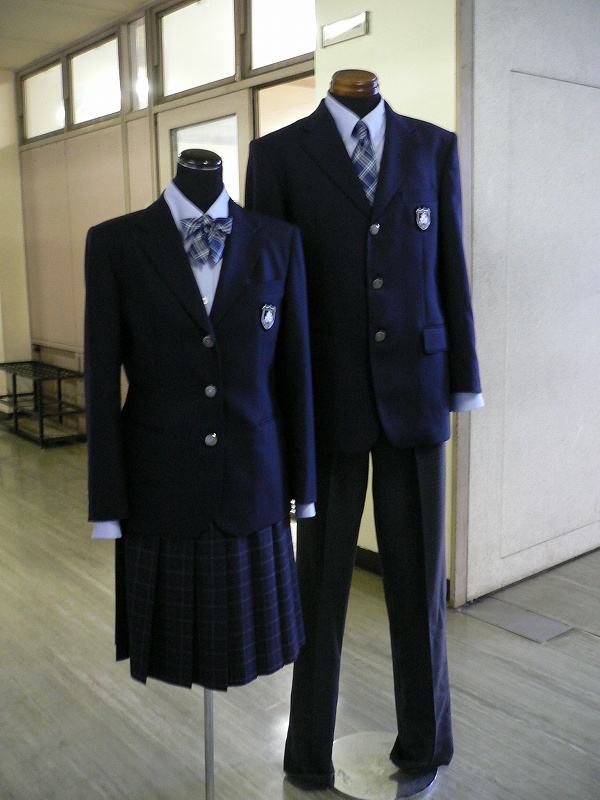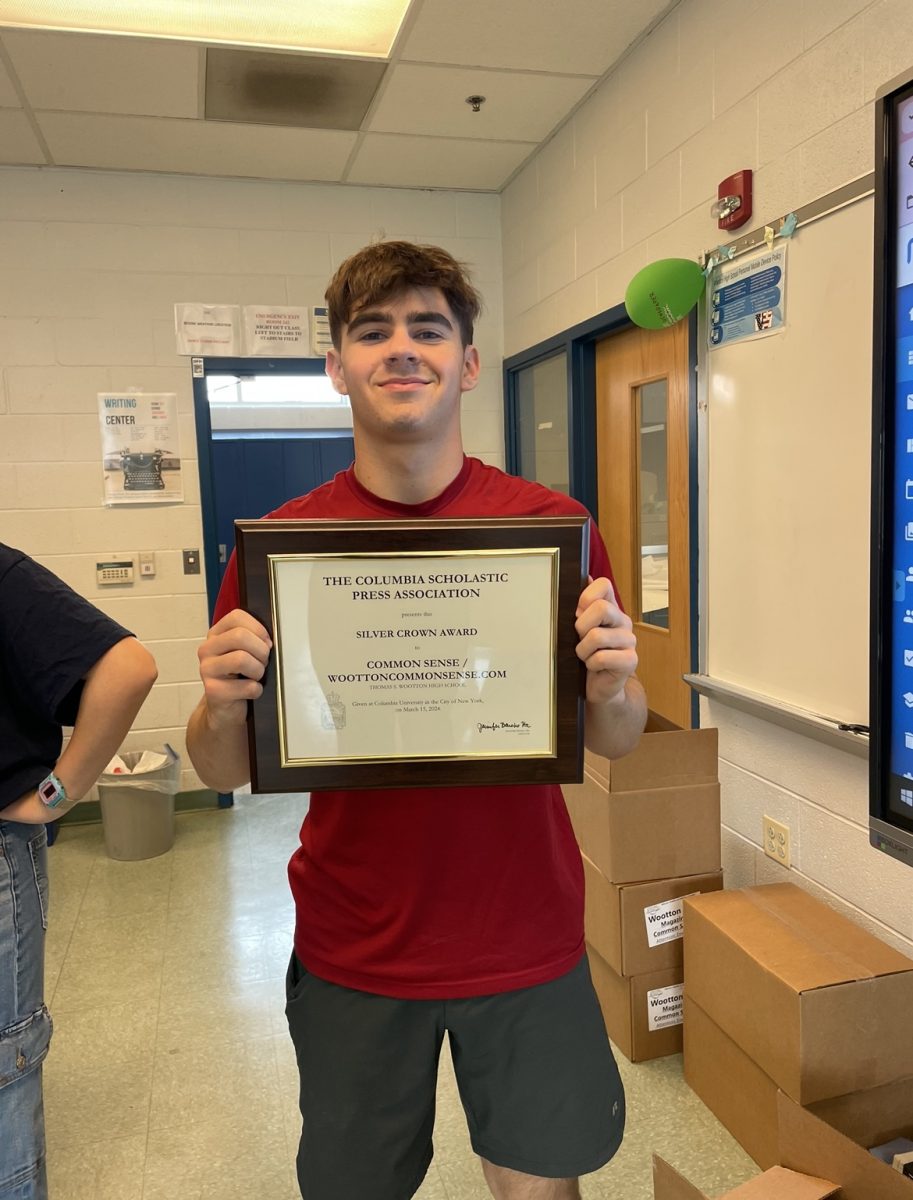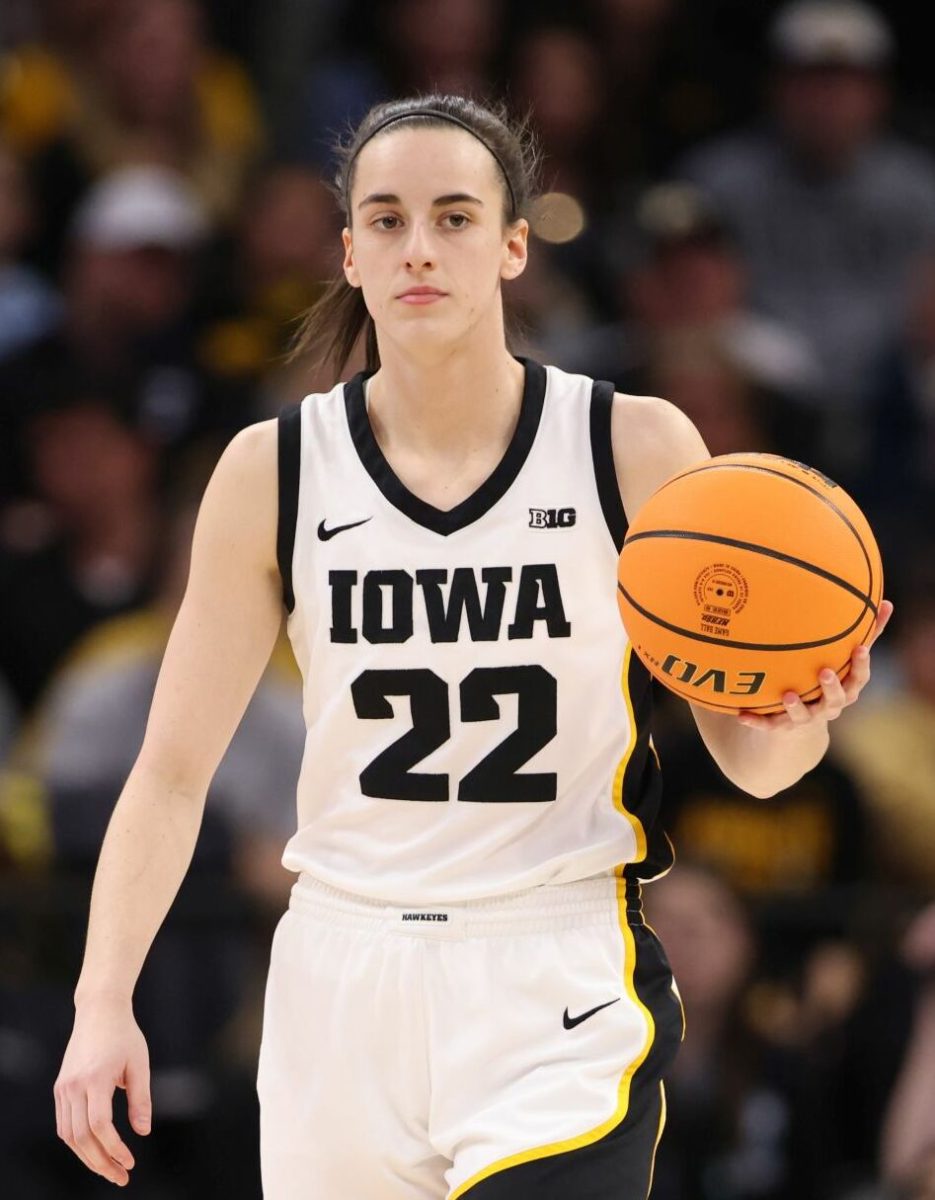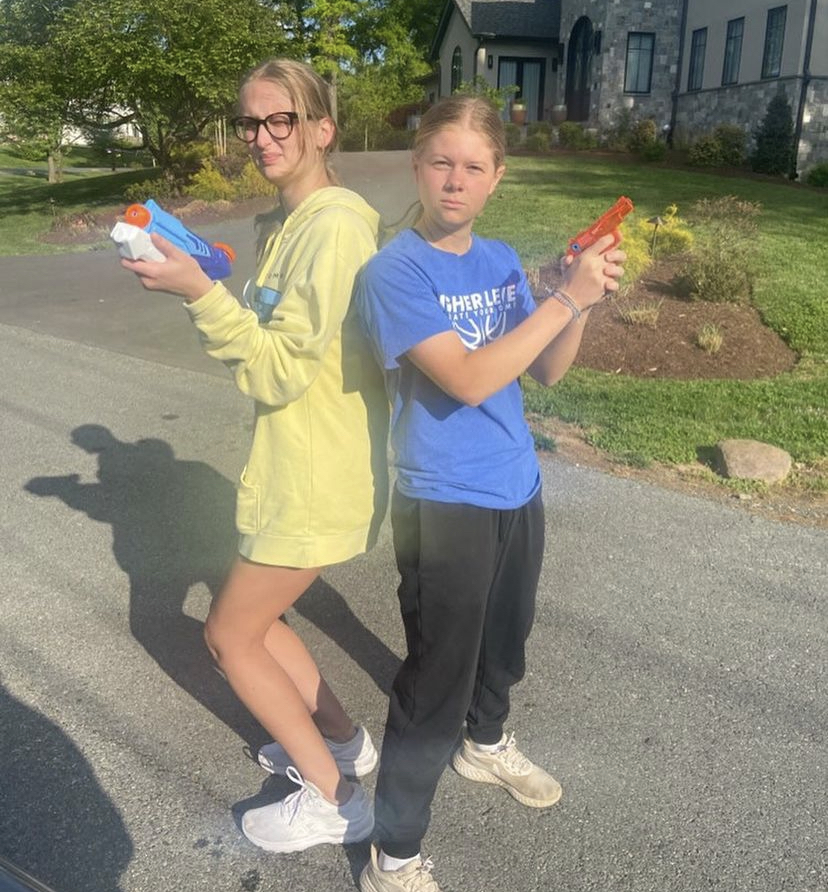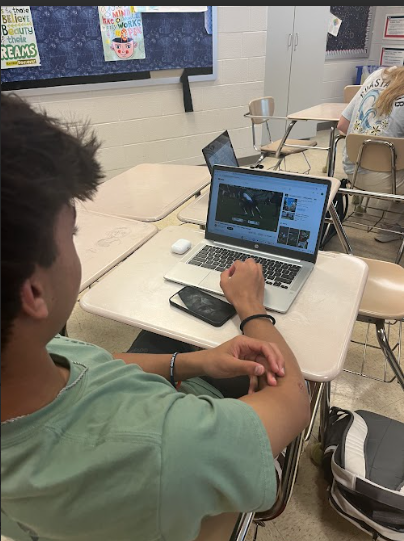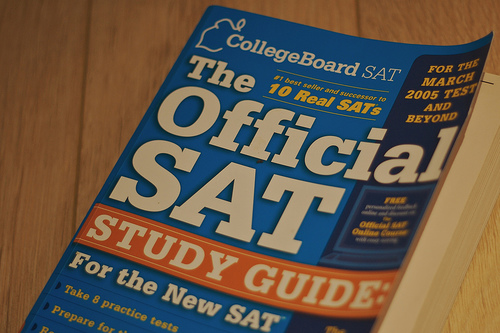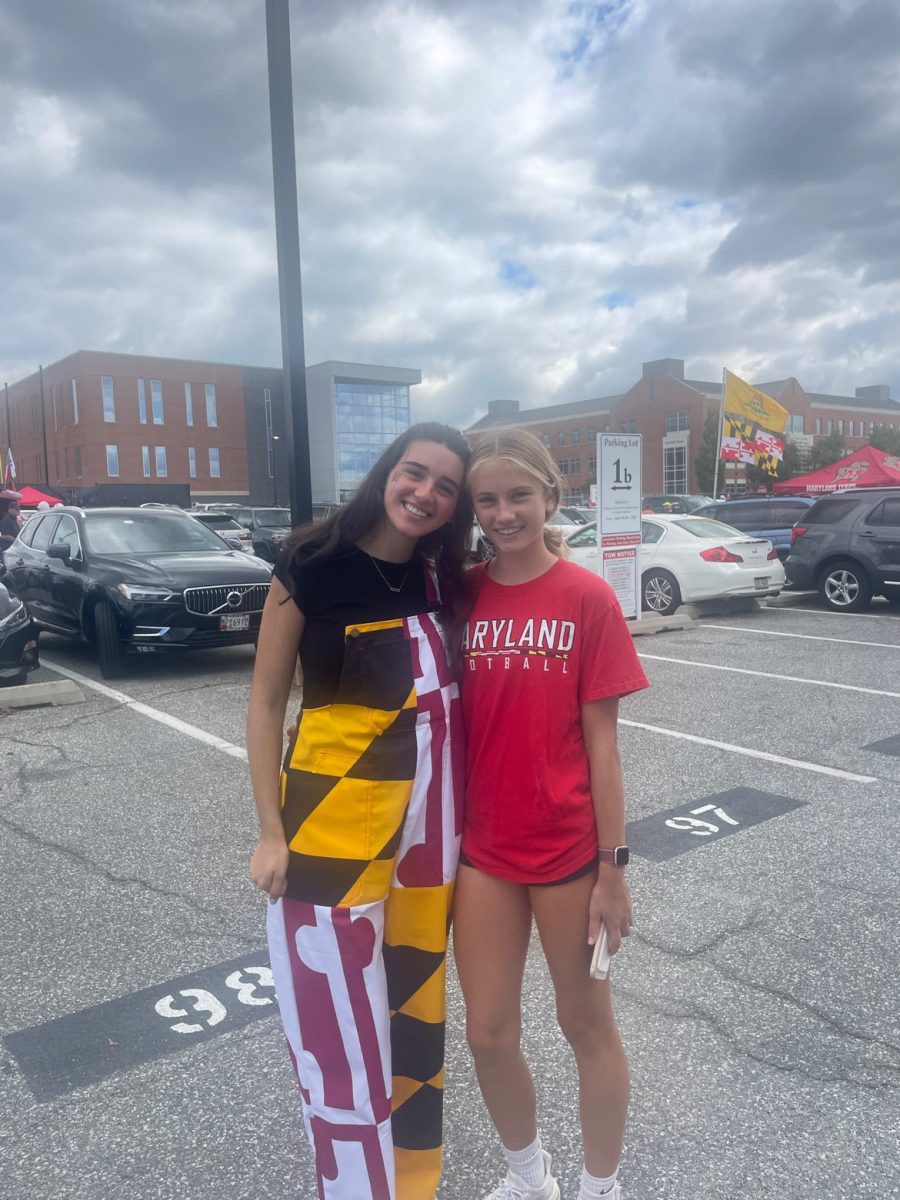Out-of-touch, socially liberal and abnormally intelligent: these are just a few of the ways that this school is characterized and differentiated from other schools across the state and the nation. Yet as unique as it is, the school also serves as a microcosm of society, and all its unsavory traditional norms. Such social inequities as patriarchy and racism affect the structure of several student clubs.
Patriarchy, defined by the Merriam-Webster dictionary in its broader sense as “control by men of a disproportionately large share of power,” and racism, defined by the same source as “racial prejudice or discrimination,” have caused detriment to American society since its inception. These phenomena are some of the purest examples of unjustified inequality, as gender and race are largely uncontrollable factors with little to no effect on intelligence or competency, but are still used as excuses for discrimination. American leadership has long been dominated by ideas of white male supremacy. Although this reality is gradually changing to achieve greater equality for women and racial minorities, the country’s history and present is marred with it. According to a 2012 New York Times article, only 18 percent of the richest one percent of the country is non-white, despite the fact that non-white people represent 37 percent of the country as a whole. And according to the Center for American Progress, only 14.6 percent of executive officers are women in a nation that is 50.8 percent female.
Why does this blatant inequity occur? The answer is complicated. The racial gap occurs, among several other reasons, because of inherent bias in hiring, a history of institutionalized discrimination and fewer opportunities to go above and beyond in majority-black communities. Women, too, are disadvantaged by de facto discrimination in hiring, but also by the social pressure to leave high-priority positions upon having children, harmful messages targeted at high-achieving girls and workplace issues like inadequate benefits and sexual harassment.
Whether students prefer to admit it or not, this school is somewhat of a microcosm of an inequitable society, prejudices and all. For instance, the school’s most popular student organization, BBQ Club, has always been led by white, male seniors (with the one exception of alumnus Cameron Siasi). It’s hard to ignore that clear of a statistic in a club that has so much power over school culture – and its leadership succession process occurs through individual selection, like in most real corporations, instead of through elections. BBQ Club leaders argue that they simply choose people with whom they get along, and have no racial or gender bias. “We were appointed by the previous leaders, who approached me and asked me to take the position and string along three of my close buds,” senior BBQ Club leader Justin Pykosh said.
A continuous thread of racial homogeny pervades the school’s clubs. Although some well-regarded clubs like National Honor Society (NHS) and the Minority Scholars Program (MSP) are led by minority students, a disproportionate amount of club leadership at this school is white. This disparity continues to perpetuate the false notion that minorities are “ghetto,” unrefined or incapable, which in turn does little to level out the achievement gap.
Although in most clubs, girls and boys are represented relatively equitably, girls face gendered behavioral expectations that don’t apply to their male peers. Several studies show that by taking the same calculated action, male leaders are perceived as sharp and likeable, while female leaders are labeled as rude and calculating. Likewise, in competitive clubs like Model United Nations, girls face social pressure to flirt, be “nice” and soften their verbal expression in order to be favored for awards. Even when the club leadership itself refuses to perpetrate sexist notions, as it does in Model UN, participants learn quickly enough that they will be subject to biased expectations.
Common Sense itself has a tradition of white, female leadership. Of our top seven editors, we only have one who is not female, and two who aren’t white. While anyone can sign up for newspaper as a class, editors must apply for their positions and are chosen by advisor Evva Starr based on a variety of journalistic and leadership skills. The newspaper has been criticized for not adequately representing the demography of the school, a valid critique. Efforts to encourage students of color to join the paper have had limited success, and lacking a diverse variety of voices in our paper limits our coverage, perpetuating the social pattern of silencing minority issues and unintentionally excluding minority leaders.
How can we assuage the gendered and racial prejudice that inflicts this school and society alike? Perhaps more clubs can adopt application-based election processes, where club members can participate in a democratic process but still be fully informed about a candidate’s qualifications and ideas instead of being more reliant on inherent bias. Club leaders and advisors can also make an active effort to facilitate inclusive policies, and encourage female and minority students to “lean in,” as Facebook CEO Sheryl Sandberg would say. Finally, clubs can engage in more strategic outreach efforts to attract less advantaged students to take advantage of the extracurricular opportunities that should be welcoming them with open arms.
It is in the power of the students to create the change they want to see in the governance of their student organizations. Equitable representation is within arm’s length — all we can do is reach out.
Rachel Altman
Editor-in-Chief


